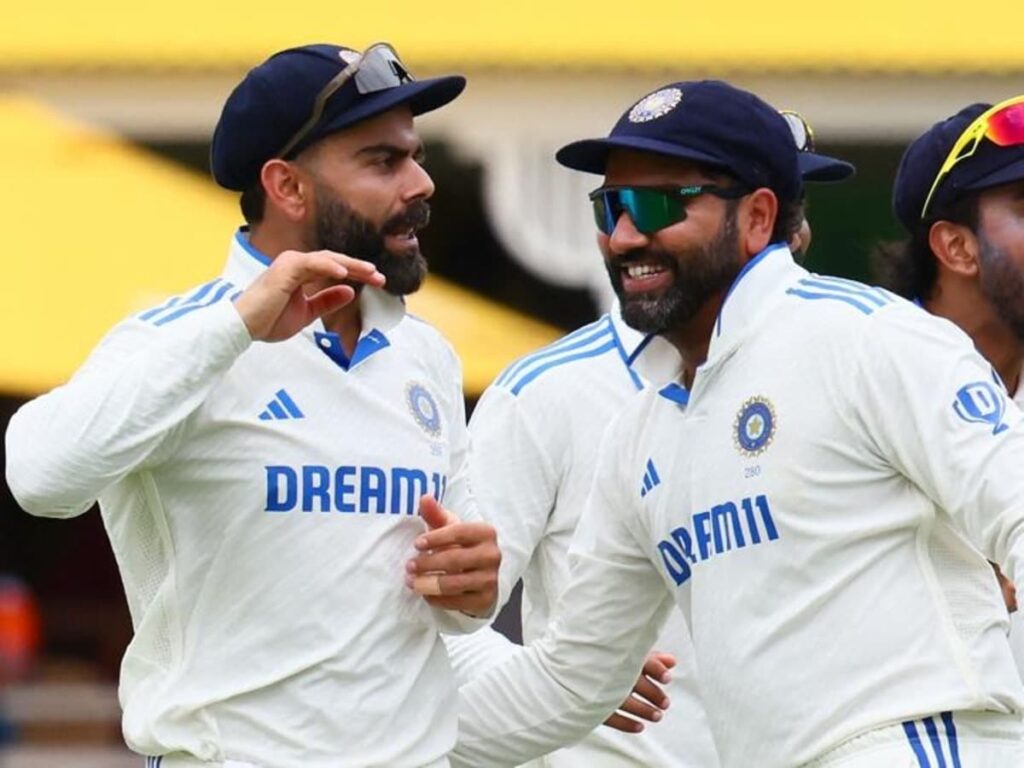The world of cricket is no stranger to criticism, especially when it comes to leadership roles within the team. Recently, Congress leader Shama Mohammad made headlines with her comments on Indian cricket team captain Rohit Sharma. Her remarks not only touched on Rohit’s physical fitness but also questioned his capabilities as a captain. In this article, we will explore the implications of these statements, examine Rohit Sharma’s track record, and discuss the broader impact of leadership in sports.
Understanding the Criticism
Shama Mohammad’s comments have sparked discussions across various platforms, igniting debates among fans and analysts alike. Criticism of athletes, particularly those in leadership roles, can often stem from the immense pressure to perform and deliver results. In this case, let’s break down her statements:
Physical Fitness Concerns
Shama’s first point about Rohit Sharma’s weight raises questions about the importance of physical fitness in cricket. While cricket may not require the same level of fitness as some other sports, a player’s condition can significantly affect their performance on the field. Here are some key aspects to consider:
| Aspect | Importance |
|---|---|
| Speed and Agility | Essential for quick fielding and running between the wickets. |
| Stamina | Important for maintaining performance levels during long matches. |
| Injury Prevention | A good fitness regime reduces the risk of injuries. |
Leadership Qualities
Mohammad’s assertion that Rohit is the most disappointing captain raises a significant question: what makes a captain successful? Key qualities of a great sports leader include:
- Decision-Making Skills: The ability to make crucial decisions under pressure.
- Inspirational Presence: Motivating teammates to perform at their best.
- Strategic Thinking: Planning ahead and adapting strategies based on match scenarios.
Rohit Sharma’s Leadership Journey
To better understand the context of Shama Mohammad’s criticisms, let’s take a look at Rohit Sharma’s journey as a captain:
| Format | Matches Played | Wins | Win Percentage |
|---|---|---|---|
| ODIs | 50 | 38 | 76% |
| T20Is | 35 | 29 | 83% |
| Tests | 25 | 12 | 48% |
Rohit has achieved commendable success in the limited-overs formats, with impressive win percentages. However, his test leadership has been under scrutiny, particularly given the challenges faced by the Indian Test team in recent years.
Public Response and Future Implications
The public reaction to Shama Mohammad’s comments has been mixed. While some supporters agree with the notion that captains must meet certain fitness benchmarks and deliver results, others have defended Rohit, emphasizing the need for support rather than criticism.
The Role of Support Systems
Support from fans, selectors, and former players is crucial for any captain’s success. Constructive criticism can be beneficial, but targeted attacks can demoralize a player, affecting their performance and mental health.
Conclusion
Shama Mohammad’s remarks have reignited the debate on fitness and leadership in cricket. While physical fitness is undeniably important, it’s essential to consider an athlete’s overall contributions and growth. Rohit Sharma’s record as a captain reflects his capabilities, and as he continues to lead the Indian cricket team, both critics and fans should aim for constructive discussions that promote improvement and support.
